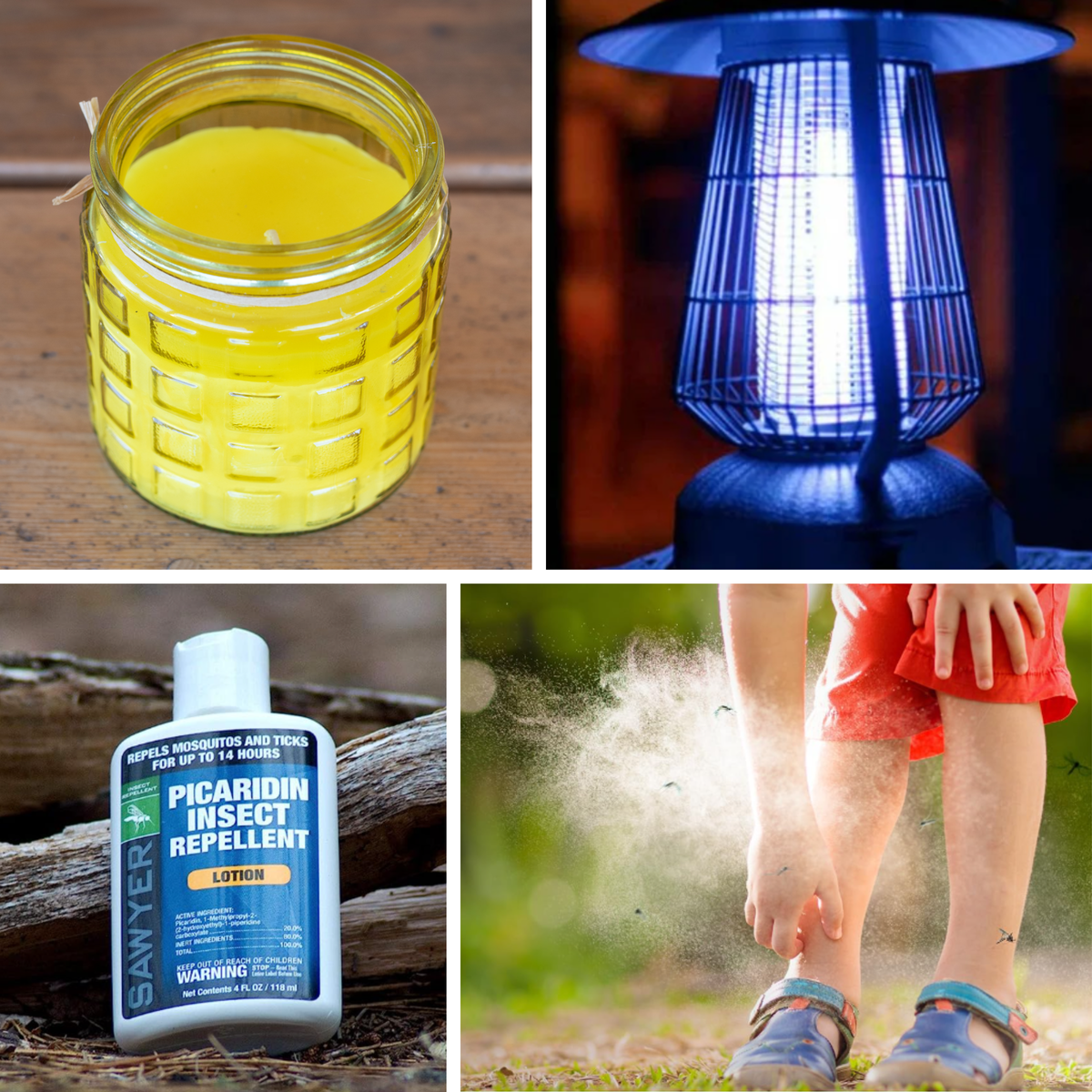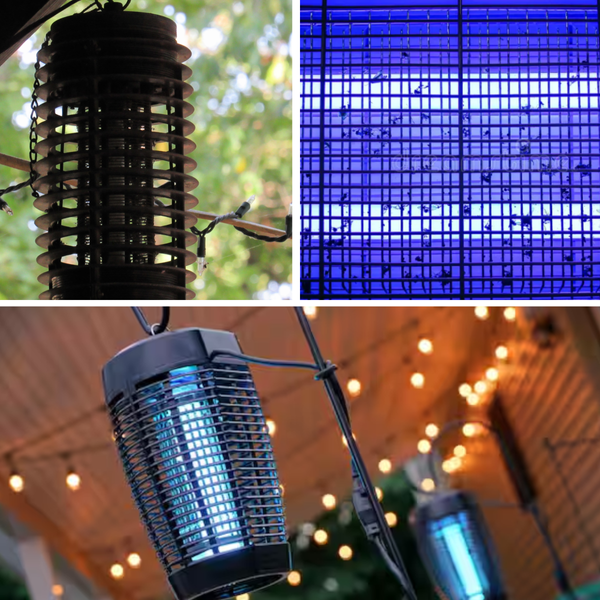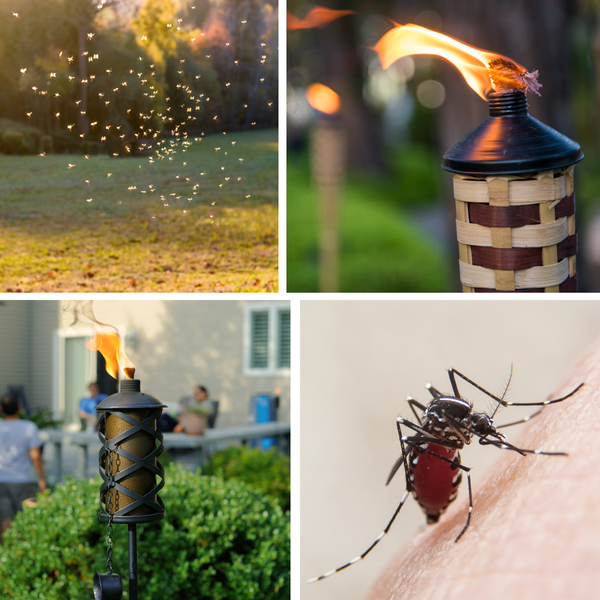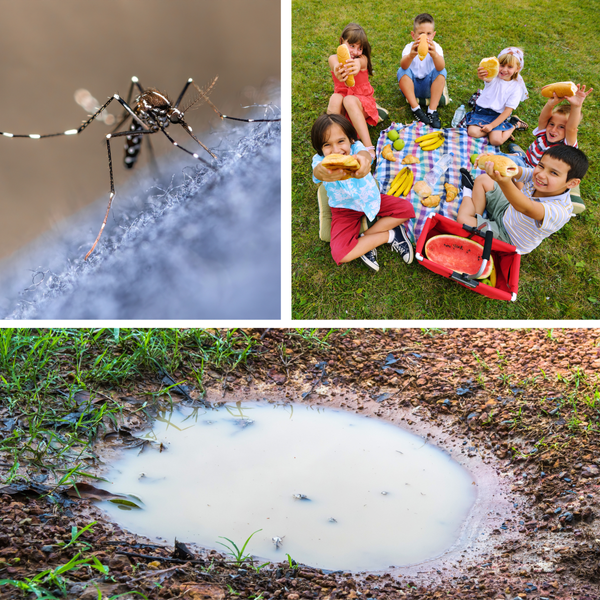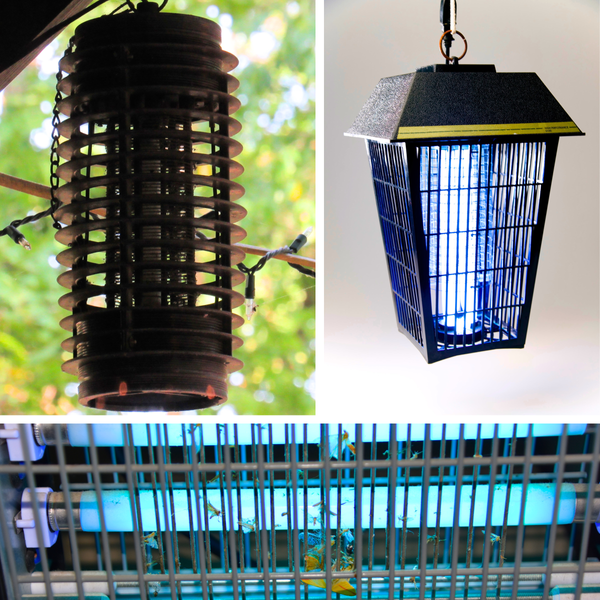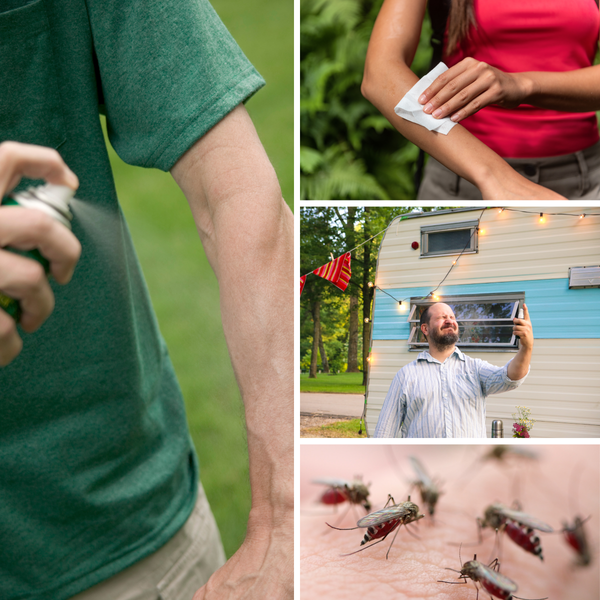Mosquitoes are more than just a nuisance; they are carriers of some of the world's most dangerous diseases. With the rise of global travel and climate change, the question of effective mosquito repellents is more pertinent than ever. In this comprehensive guide, we'll explore the various methods and products that claim to repel these pesky insects and examine the science behind what works and what doesn't.
Key Takeaways:
- Scientific evidence supports certain products and methods as effective mosquito repellents.
- Natural alternatives and preventive measures can complement conventional repellents.
- Understanding mosquito behavior and breeding can aid in better protection against bites.
Understanding Mosquito Attraction
Mosquitoes are attracted to humans for a variety of reasons, including the carbon dioxide we exhale, body heat, and certain chemicals in our sweat. Knowing what attracts mosquitoes can help us understand how to repel them effectively. For instance, reducing the amount of exposed skin or the carbon dioxide around us can be a starting point in deterring these biting flies.
The Science of Repelling Mosquitoes
Repellent efficacy is a hot topic in insect science. Researchers are constantly looking for new ways to stop mosquitoes from biting humans. The American Mosquito Control Association endorses products that have been proven to work, including those containing active ingredients like DEET, picaridin, and oil of lemon eucalyptus.

Mosquito Lifecycle Interruption: Halt the Hatch
Understanding the lifecycle of mosquitos is crucial in the fight against these biting insects. Mosquito eggs require standing water to hatch, which is why eliminating these water sources around your home can significantly reduce the local mosquito population. By regularly checking and removing stagnant water from flowerpots, gutters, and birdbaths, you can prevent mosquito eggs from developing into the adult bugs that attract mosquitoes to your vicinity. This proactive approach is a key strategy in mosquito control and can be more effective than reacting to the presence of adult mosquitos.
DEET Products: The Gold Standard
DEET has been the standard in mosquito repellents for decades. Approved by the Environmental Protection Agency (EPA), DEET products are effective against a wide range of mosquitoes and other insects. When used according to the label, DEET is considered safe for the whole body, including for pregnant women and children.
Oil of Lemon Eucalyptus: A Natural Alternative
Oil of lemon eucalyptus is a plant-based repellent that has gained popularity as a natural alternative to synthetic chemicals. The Centers for Disease Control and Prevention (CDC) recognizes lemon eucalyptus oil as an effective ingredient in preventing mosquito bites, particularly against the Aedes aegypti mosquito, known for spreading dengue fever and Zika virus.
Citronella Candles: Area Repellent or Myth?
Citronella candles are marketed as area repellents, but their effectiveness is a subject of debate. While they may provide some protection in small, wind-protected areas, they are not as reliable as personal repellents applied to the skin or clothing.

Ultrasonic Mosquito Repellent Devices: Fact or Fiction?
Ultrasonic devices claim to repel insects by emitting high-frequency sounds. However, scientific evidence and studies from New Mexico State University suggest that these devices do not have a significant impact on repelling mosquitoes and are not recommended by experts.
Insect Repellents: What to Look For
When shopping for insect repellents, it's important to look for products that have been registered with the EPA. These products have been evaluated for safety and efficacy. The active ingredients, such as DEET, picaridin, or oil of lemon eucalyptus, should be listed on the label.
Natural Repellents: Essential Oils and More
Essential oils like citronella, peppermint, and eucalyptus have been used as natural repellents. While some may offer limited protection, they are generally less effective than EPA-registered repellents. It's important to research and use these natural options with caution.
Preventing Mosquito Borne Diseases
Preventing mosquito bites is crucial in preventing mosquito-borne diseases such as West Nile virus, dengue fever, and other diseases. Using proven repellents and wearing protective clothing helps protect against these high-risk insects, especially during peak mosquito activity times.

Mosquito Traps and Bug Zappers: Do They Work?
Mosquito traps and bug zappers are designed to attract and kill mosquitoes. While they may reduce the number of adult mosquitoes in an area, they are not as effective in preventing mosquito bites as personal repellents. Mosquito magnets, a type of trap, can be a complementary measure but should not replace repellents.
Clothing Helps Protect Against Bites
When it comes to fending off pesky mosquitos, clothing can be your first line of defense. Long sleeved shirts and pants treated with insect repellent substances are becoming increasingly popular among outdoor enthusiasts and those living in high risk areas for mosquito-borne diseases. These garments are often infused with permethrin, an active ingredient that repels and kills bugs upon contact. Not only do they offer extended protection, but they also reduce the need for topical repellents, providing a convenient and scent-free alternative.
Moreover, the market has seen a rise in stylish options, ensuring that protective wear doesn't compromise on fashion. From sleek jackets to comfortable leggings, these clothing items are designed to provide full coverage without sacrificing comfort or aesthetics. This makes them an excellent choice for travelers and hikers who want to enjoy the great outdoors without constantly swatting away mosquitos. By incorporating these garments into your wardrobe, you can step outside with confidence, knowing you're shielded against those irritating bites.

Standing Water: The Breeding Ground for Mosquitoes
Mosquitoes lay eggs in standing water, so eliminating these sources around your home can significantly reduce the mosquito population. Regularly emptying containers that collect water, such as buckets and plant saucers, can prevent mosquitoes from having a place to lay eggs.
Repellent Efficacy: Understanding the Research
The efficacy of repellents is backed by research conducted by institutions like the CDC and the EPA. Studies focus on how long the repellent remains effective and its ability to prevent bites from different mosquito species, such as Aedes aegypti and Culex quinquefasciatus.
Ultrasonic Devices: A Closer Look at the Claims
Despite their popularity on store shelves, ultrasonic devices have not been proven to repel mosquitoes effectively. Research indicates that these devices do not have a significant impact on mosquito behavior, making them a less reliable choice for protection.
The Role of Carbon Dioxide in Attracting Mosquitoes
Mosquitoes are drawn to the carbon dioxide we exhale, which is why products like mosquito magnets, which mimic human breath, can be somewhat effective in trapping mosquitoes. However, they should be used in conjunction with other repellent methods for the best results.

Insecticide Sprays and Environmental Impact
Insecticide sprays can be used to reduce mosquito populations, but their use must be balanced with environmental concerns. The EPA regulates these chemicals to ensure they do not pose a significant risk to wildlife or humans when used as directed.
Summary
In the quest to answer the question, "Does anything actually repel mosquitoes?" we've explored a variety of methods and products. Scientific evidence supports the use of certain repellents like DEET, picaridin, and oil of lemon eucalyptus. While natural alternatives and area repellents like citronella candles may offer some protection, they are generally less effective than personal repellents that are applied directly to the skin or clothing. Preventive measures, such as wearing protective clothing and eliminating standing water, are also key in reducing the risk of mosquito bites and the diseases they carry. It's important to choose repellents wisely, considering both efficacy and safety, and to use them in combination with other preventive measures for the best protection against mosquitoes.
FAQ Section
Q: Are natural mosquito repellents as effective as DEET products?
A: Natural repellents like oil of lemon eucalyptus can be effective, but they may not provide the same level of protection or duration of effectiveness as DEET products. It's important to choose a repellent that is registered with the EPA for the best results.
Q: Can ultrasonic mosquito repellent devices prevent mosquito bites?
A: There is no scientific evidence to support the effectiveness of ultrasonic mosquito repellent devices. They are not recommended by experts as a reliable method for preventing mosquito bites.
Q: How can I prevent mosquitoes from breeding near my home?
A: To prevent mosquitoes from breeding, eliminate standing water where mosquitoes lay eggs. This includes emptying containers, cleaning gutters, and maintaining swimming pools. Regularly inspect your property for any potential breeding sites and take action to remove them.



